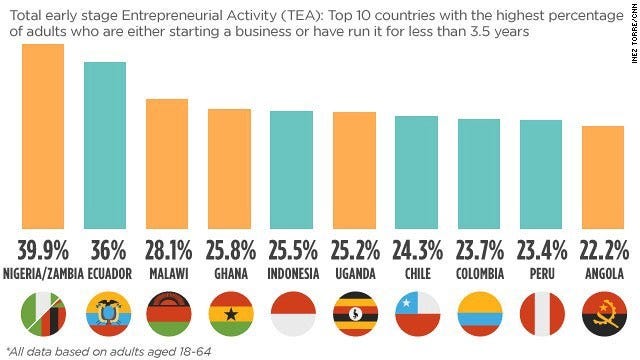Ghana’s Tourism Authority and Investment Promotion Council to institutionalise ‘Taste of Ghana’.
After the ‘Beyond the Year Return’, the Ghana Investment Promotion Center (GIPC) in collaboration with the Ghana Tourism Authority and the Ghana UK-Based Achievement (GUBA) Enterprise is institutionalising ‘Taste of Ghana’. Taste of Ghana is a unique concept that is expected to salvage the unique taste and aroma of authentic local dishes and beverages, served in the traditional way. This is also expected to promote Ghanaian culture and market our local goods.

According to Chief Executive of GIPC, Yofi Grant, this is an opportunity for some investors to take advantage of it.
Read also:Ghana Elections: No one won; order a second round – Mahama petitions Supreme Court
Speaking at the maiden edition of the Taste of Ghana held at the Accra Polo Club, Mr. Grant said “as the country’s foremost investment agency, ours is to promote Ghana, ours is to sell Ghana within and outside Ghana. So this is a humble attempt to let people experience the 360 degree culture of Ghana.”
“Definitely it may encourage people to see the opportunities there in our food, in our art, clothing and music…and those are all investment opportunities for people. It is important to highlight and market ourselves [Ghana] in many ways,” he said. He also hinted of the initiative being institutionalized in the future.
Read also:How to choose the best mPOS for your business
Dentaa Amoateng, President of the Ghana UK-Based Achievement Enterprise also said ‘Taste of Ghana’ is an event that seeks not only to entertain but create avenues for investors.
“This is a great partnership between GIPC and GUBA. We intend to do it every year moving forward. This is just the taste of what can be done and how we can grow into something bigger. The next one we could do, we could probably have investors who are willing to invest in some of these products”.
Read also:Why your small business should deploy MDM solutions
She further called on Ghanaians to patronize Made in Ghana goods, ranging from clothes, food, music, shea butter whilst promoting Ghanaian culture.
“We promote Friday wear but I think we should be wearing our print every single day and that’s something that Exim Bank has been promoting as well. We should patronize locally made food. When you go to the UK you know that the likes of Body Shop use our shea butter so why can’t we [Ghana] create our own shea butter products and sell it to the worldwide market,” she urged.
Read also:ZeePay, Ghanaian Fintech Startup Raise Seed Funding for Expansion
Tobias Ansah, a 15-year-old participant in the fair, had his clothing line which he started three months after going through training. Along with him was his sister who writes books.
Kelechi Deca

Kelechi Deca has over two decades of media experience, he has traveled to over 77 countries reporting on multilateral development institutions, international business, trade, travels, culture, and diplomacy. He is also a petrol head with in-depth knowledge of automobiles and the auto industry





